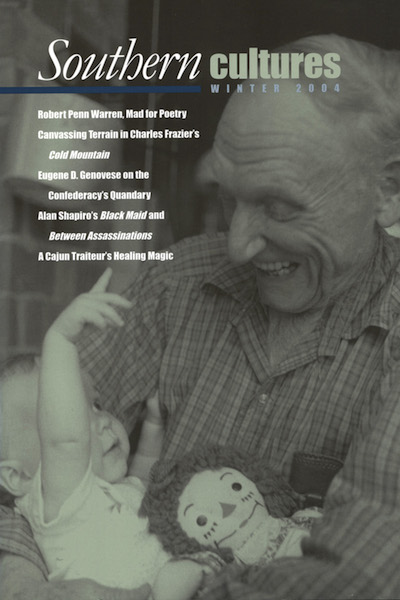“If southerners did not live up to Christian standards in their daily lives and, in particular, bring slavery up to Abramic standards, they warned, a wrathful God would use the heathen Yankees, as He had used heathens of yore, to smite his Chosen People.”
The dream. The slaveholding South could do what no society or nation had ever done: avoid moral decay and thereby break the historical cycle of power, glory, and greatness followed by corruption, decadence, and collapse through which all nations and empires have passed. The classical cyclical theory of history, most notably associated with Polybius, deeply impressed educated southerners, especially those active in the intellectual and moral defense of slavery. Yet these same southerners also embraced the broadside attack on cyclical theory launched by Augustine and other Christian thinkers. The Greek and Roman classics and the Bible constituted the foundations of southern education, but they did not always make comfortable bed partners. “What has Athens to do with Jerusalem?” asked Tertullian, the eminent and controversial Christian writer of the second and third centuries B.C. “What concord is there between the Academy and the Church? What between heretics and Christians?” Southerners, having been schooled in the philosophy of the Scottish Enlightenment, answered that Athens had a good deal to do with Jerusalem, that philosophy and science were essentially compatible with Christian doctrine.


